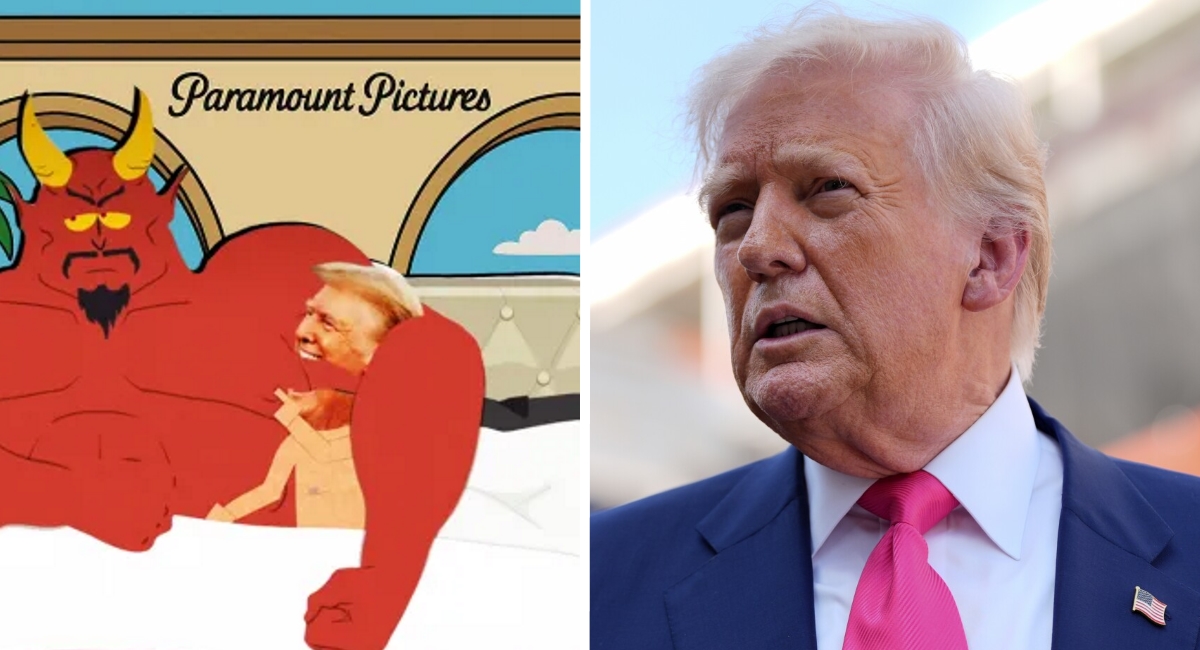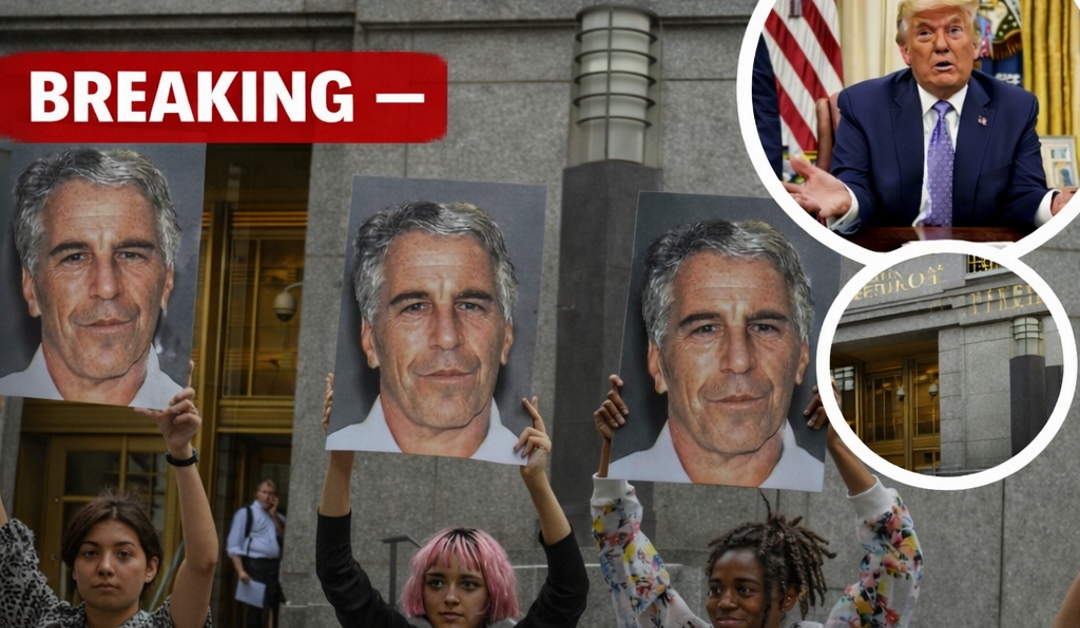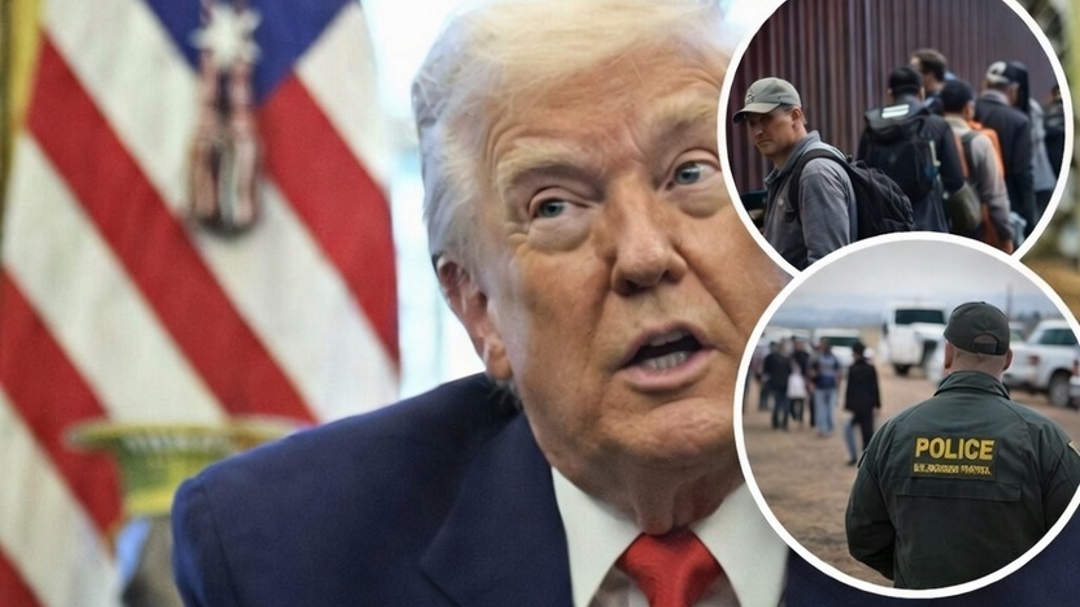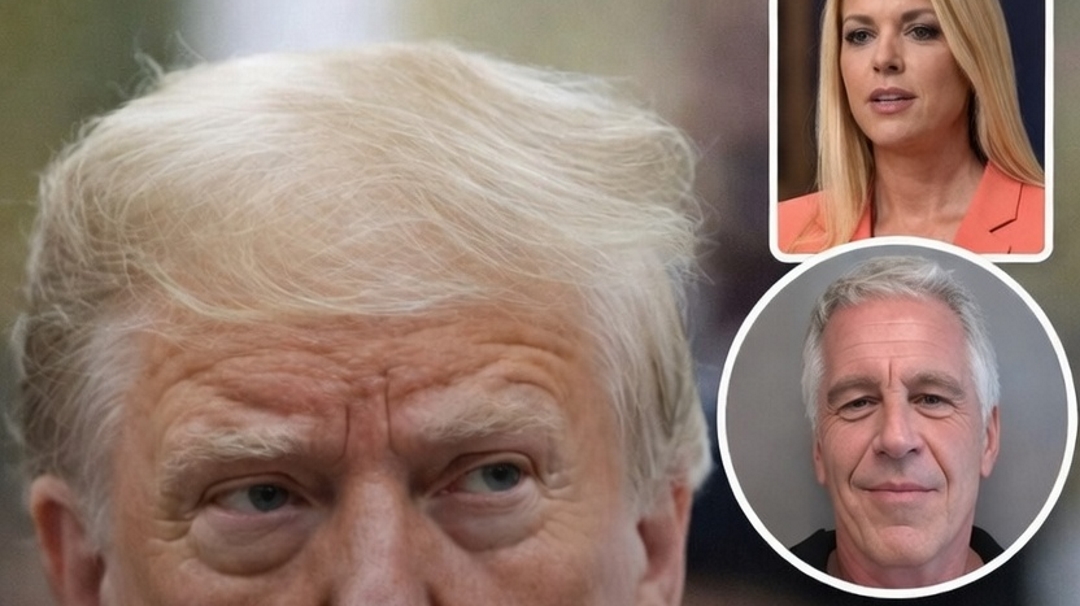At San Diego Comic‑Con, *South Park* co‑creator Trey Parker delivered a tiny—but unforgettable—response to the White House’s outraged statement over their season premiere. After White House spokesperson Taylor Rogers slammed the show as a “fourth‑rate” production hanging on “uninspired ideas,” Parker paused, said “We’re terribly sorry,” and stared. It wasn’t remorse—it was defiance wrapped in satire. The Guardian captures Parker’s comic timing.
The episode, titled *Sermon on the ‘Mount*, unleashes a photo‑realistic Trump, nude and climbing into bed with Satan—accompanied by a “teensy‑tiny” animated penis that talks, crawls through a desert, and endorses Trump’s campaign message. The White House reacted within hours, calling the satire irrelevant to the president’s “hot streak.” That explosive declaration is documented here.
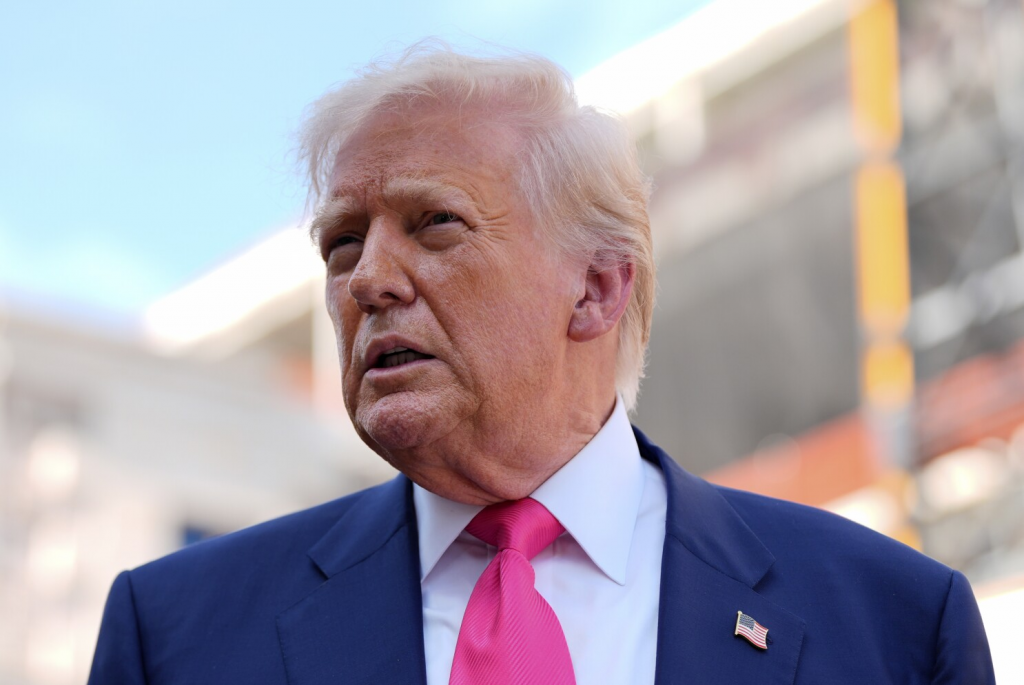
“If you censor the penis, the joke dies,” – Trey Parker
Parker revealed in the Comic‑Con panel that Paramount demanded censorship—not of the content broadly, but specifically the animated genitals. “They said, ‘OK, but we’re gonna blur the penis,’” he recalled. Parker replied: “No, you’re not gonna blur the penis.” After four days of debate, they added cartoon eyes and voiceovers—transforming it from body part to character. Vulture shares the back‑stage story.
The White House spokesperson didn’t mince words, labeling the show as desperate and accusing the political left of hypocrisy for now defending the same program they had once condemned. No content, Rogers suggested, could overshadow Trump’s record. The Daily Beast published the full White House statement.
“This show hasn’t been relevant for over 20 years…” – White House
Meanwhile, *South Park* skewered Paramount itself—satirizing its $16 million settlement with Trump and the cancellation of *The Late Show* following Stephen Colbert’s criticism. Jesus even warned the town: “Do you really want to end up like Colbert?” Their satire cut through merger stress and media hypocrisy. NME examines the layered satire.
Fan reaction poured in instantly. Reddit threads praised the creators, arguing that refusing to blur the penis turned Paramount censorship into satirical fuel. One comment read, “They made the penis smarter than the critics.” Wired notes how creators flipped corporate conflict on its head.
The show’s lightning-fast production cycle—episodes completed in days—allowed the premiere to air just after the Paramount‑Skydance $1.5 billion deal was announced. That timing made the satire feel potent: they attacked the network seconds after signing a massive deal. That corporate irony is unpacked by Vanity Fair sources.

Conservative outlets were notably cautious. Fox News aired sparse commentary, questioning why Paramount paid over a billion for a show that mocked it so mercilessly—and offering no official line on censorship. Fox News coverage reflects uneasy silence.
Critics in media and legal circles picked up on the symbolic weight. Some noted that by anthropomorphizing the penis, *South Park* navigated obscenity thresholds, effectively thumbing its nose at censorship while staying technically within legal bounds. Wired’s analysis connects satire to free‑speech theory.
Entertainment journalists connected the dots: *Sermon on the ‘Mount* wasn’t just a gag—it was a creative manifesto. Writers argued that the show demonstrated satire’s power to expose media complicity, even amid millions in corporate deals. People reflects on the show’s cultural impact.
Parker and Stone aren’t new to this. Their history of censorship battles—like refusing to edit Muhammad in 2006—provided context. In this case, the penis joke became legacy rewriting: reclaim satire against internal and external pressure. That censorship backstory is detailed in South Park’s history.
Students of satire noted the episode proved that comedy needn’t self‑censor, even when networks and politics align. They said Parker and Stone used humor like a scalpel, turning discomfort into statement—and audience virality into protest. That rhetorical power is explored in Vulture analysis.
On social media, hashtags like #SouthParkFreeSpeech and #PenisWithEyes trended, with fans celebrating the creators’ courage. Some joked that cartoon eyes on Trump’s penis were more expressive than real politicians. Business Insider tracks online memes.
One media professor called the episode a turning point: in an era where satire often falls victim to corporate self‑regulation, *South Park* remained unfiltered—pointing finger not just at politics, but at the business behind the business. That analysis links media structure to satire’s collapse or survival.
Despite pressure from Paramount executives, the show remains intact. Sources say the company’s willingness to release the episode uncensored suggests Parker and Stone’s negotiating leverage is real—and perhaps growing. NME sheds light on internal power dynamics.
The piece concludes on a reflexive note: Trump never responded publicly, and Paramount remains silent. But the creators’ refusal to blur the joke speaks louder than apologies. In their eyes, satire crosses no lines—it redraws them.

